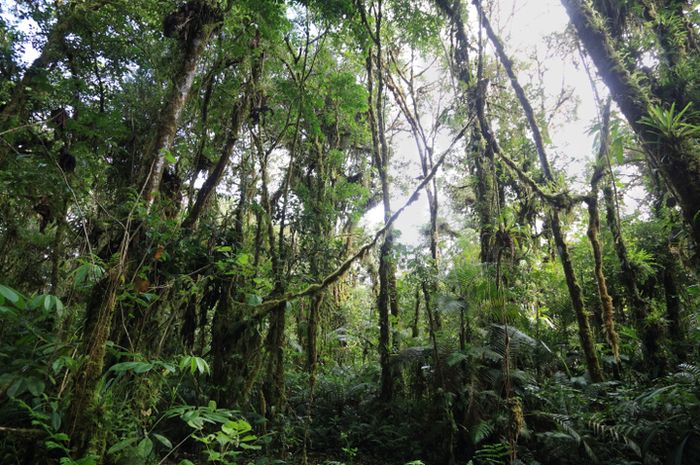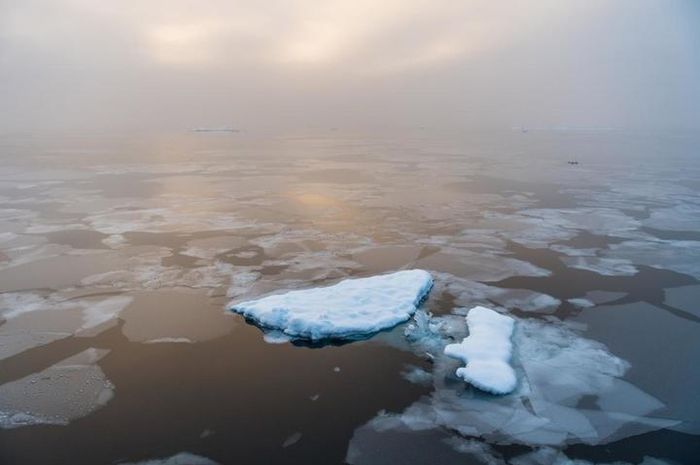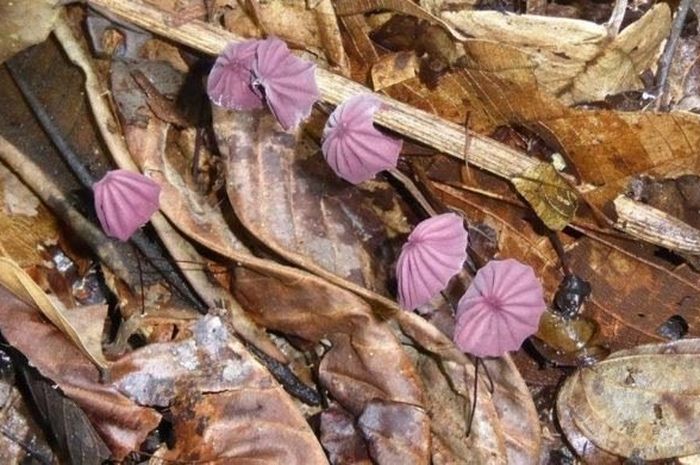It cannot be denied, humans have drastically changed and destroyed nature for a certain purpose.
Even so, in a recent study, scientists compared numbers from four different spatial data sets to answer this question. The results show that about half (48-56%) of the world's land mass has low human influence.
"Although human land use increases the threat to the Earth's natural habitat, but half of its territory is still in accordance with the initial conditions and has not been converted," said Erle Ellis, an environmental scientist from the University of Maryland-Baltimore County.
The figure highlights land that has not been touched by humans significantly so that it can still be protected through conservation. However, on the other hand, the results of the study also illustrate how many regions of the Earth have been occupied, disturbed, and utilized by humans.
Seen from the ice-free surface, only a quarter of the land area (20-34%) shows signs of human influence with 'very low'. Most of the area became "some of the least habitable places on Earth".
From mitigating the effects of climate change to recycling nutrients and providing fresh air, land that is not touched by humans, plays an important role for the ecosystems that exist on this planet.
"Areas that are not affected by humans have landscapes with extreme weather. For example, boreal and tundra forests that are in cold areas or dry landscapes such as deserts, "said the researchers in their study.
In other words, whether through urbanization, conversion of forests, agriculture, or other means, humans have had the greatest influence on the biodiversity landscape - presenting a mature opportunity to change them according to human needs.
In contrast, the hot desert in the hottest places in the world, or abandoned land in the coldest areas, has been ignored.
According to the researchers, the results of this latest study provide us with clear and strong markers of conservation efforts. That we can prevent future damage by safeguarding areas that have not been affected by humans while restoring areas that have been exploited.
We need to act quickly if we want to protect or restore an area that has so far been damaged by human hands. Researchers reveal, only about 15% of the planet is under the protection of environmental policies, while the rest is eroded easily.
"The exciting thing about this study is that if we act quickly and decisively, then we can protect half of the Earth in one piece," said Jason Riggio, conservation biologist at UC Davis and lead author of the study.


